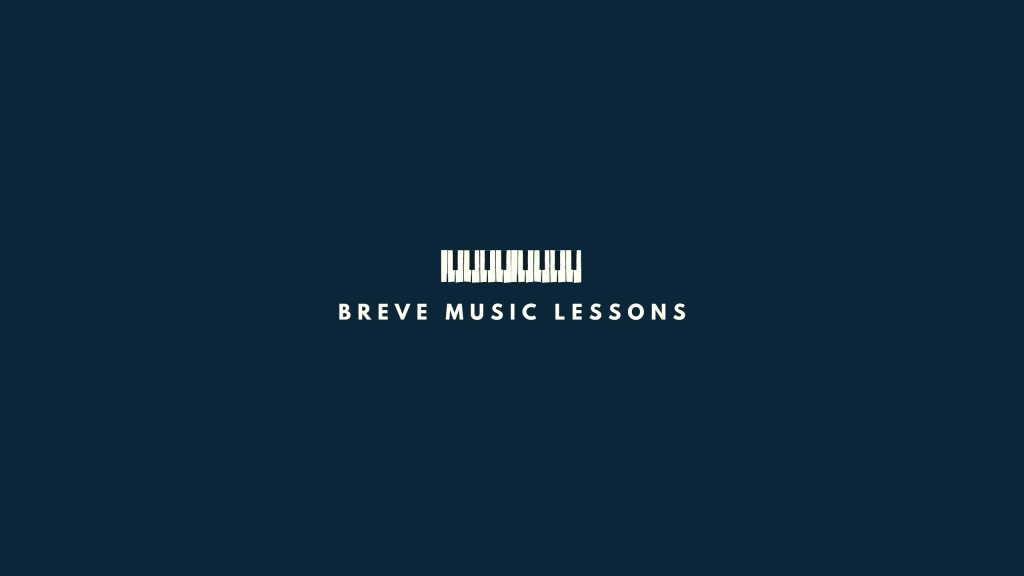Table of Contents
Comprehensive Guide on How to Invest in Music Royalties
As the music industry continues to evolve, investing in music royalties has emerged as an attractive opportunity for investors seeking to diversify their portfolios. With the rise of streaming services like Spotify and the increasing popularity of music catalogs, understanding how to invest in music royalties can provide lucrative revenue streams. This comprehensive guide will explore the intricacies of music royalties, the benefits of investing in this asset class, and practical steps to get started.

What Are Music Royalties and How Do They Work?
Understanding Different Types of Music Royalties
Music royalties are payments made to rights holders for the use of their music. There are several types of music royalties, including performance royalties, mechanical royalties, and synchronization royalties. Performance royalties are generated when a song is played publicly, such as on the radio or in a live venue. Mechanical royalties arise from the reproduction of music, such as when a song is sold on a physical medium or streamed on platforms like Spotify. Synchronization royalties are earned when music is used in film, television, or advertisements. Each type of royalty contributes to the overall revenue generated by a music catalog, making it essential for investors to understand these distinctions when considering how to invest in music royalties.
How Music Royalties Are Generated
The generation of music royalties is closely tied to the consumption of music. As listeners engage with songs through various channels, such as streaming services, radio, or live performances, royalties are accrued. For instance, when a song is streamed on platforms like Spotify, the artist and rights holders receive a fraction of the revenue generated from subscriptions and advertisements. This creates a continuous flow of royalty payments, which can be an attractive prospect for investors looking to capitalize on the growing demand for music. Understanding how these revenue streams work is crucial for anyone looking to invest in music royalties.
The Role of Copyright in Music Royalties
Copyright plays a pivotal role in the music industry, as it protects the rights of creators and ensures they receive compensation for their work. When an artist creates a song, they automatically hold the copyright, which grants them exclusive rights to reproduce, distribute, and perform their music. This legal framework is essential for generating music royalties, as it allows rights holders to monetize their creations. Investors must be aware of copyright laws and how they impact music royalties, as these factors can significantly influence the potential returns on their investments.
Why Should You Consider Investing in Music Royalties?
Benefits of Adding Music Royalties to Your Investment Portfolio
Investing in music royalties offers several benefits that can enhance an investment portfolio. First, music royalties provide a unique revenue stream that is often less correlated with traditional asset classes, such as stocks and bonds. This diversification can help mitigate risk and stabilize returns. Additionally, the music industry has shown resilience, with global music revenue continuing to grow, particularly through streaming services. By investing in music royalties, investors can tap into this expanding market and potentially enjoy consistent royalty payments over time.
Trends in the Music Industry That Favor Music Investments
Several trends in the music industry are creating favorable conditions for investing in music royalties. The rise of music streaming has transformed how consumers access music, leading to increased revenue for artists and rights holders. Companies like Warner Music and Round Hill Music are capitalizing on this trend by acquiring extensive music catalogs, which further drives demand for music rights. Additionally, the growing popularity of music licensing in film and television has opened new avenues for generating royalties. These trends indicate a promising future for music investments, making it an opportune time to consider adding music royalties to your investment strategy.
How Music Royalties Compare to Other Asset Classes
When comparing music royalties to other asset classes, it becomes evident that they offer unique advantages. Unlike traditional investments, music royalties can provide passive income through royalty payments without the need for active management. Furthermore, the music industry has demonstrated a capacity for growth, particularly in the digital age, where streaming services have revolutionized music consumption. This growth potential, combined with the stability of ongoing royalty payments, positions music royalties as an attractive alternative to more volatile investments, such as stocks or real estate.
What Are the Best Ways to Invest in Music Royalties?
Exploring Music Royalty Funds
One of the most accessible ways to invest in music royalties is through music royalty funds. These funds, such as the Hipgnosis Songs Fund and Round Hill Music Royalty Fund, pool capital from multiple investors to acquire music rights. By investing in a fund, individuals can gain exposure to a diversified portfolio of music assets without the need to manage individual rights. This approach allows investors to benefit from the collective revenue generated by a wide range of songs, reducing the risk associated with investing in a single hit song.
Directly Purchasing Music Rights
For those looking to take a more hands-on approach, directly purchasing music rights is another viable option. This method involves acquiring the rights to specific songs or entire music catalogs, allowing investors to receive royalty payments directly. However, this approach requires a deeper understanding of the music business and the potential of individual songs. Investors must evaluate factors such as the song’s historical performance, its potential for future revenue, and the overall market trends in the music industry. This method can be rewarding but also carries higher risks compared to investing in a fund.
Investing Through a Royalty Exchange
A royalty exchange is an online platform that facilitates the buying and selling of music rights. Platforms like SongVest allow investors to browse available music assets and make informed decisions based on detailed information about each song’s revenue history and potential. This method provides transparency and accessibility, enabling investors to diversify their portfolios by acquiring various music rights. By leveraging a royalty exchange, investors can participate in the music business without the complexities of direct ownership, making it an appealing option for those new to investing in music royalties.
What Should You Consider When Investing in Music?
Evaluating the Potential of a Hit Song
When investing in music royalties, evaluating the potential of a hit song is crucial. Factors such as the song’s genre, artist popularity, and historical performance can provide insights into its revenue-generating capabilities. Additionally, understanding the song’s placement in streaming playlists and its performance on platforms like Spotify can help gauge its current and future success. Investors should conduct thorough research and analysis to identify songs with the potential to generate significant royalty payments over time.
Understanding the Risks Involved in Music Investments
Like any investment, investing in music royalties carries inherent risks. The music industry can be unpredictable, with trends shifting rapidly and consumer preferences evolving. A song that is a hit today may not maintain its popularity, leading to decreased royalty payments. Additionally, legal issues surrounding copyright and licensing can impact revenue streams. Investors must be prepared to navigate these risks and conduct due diligence before committing capital to music royalties.
Key Factors in the Music Business to Watch
To make informed investment decisions, it is essential to monitor key factors in the music business. Trends in music consumption, the rise of new artists, and changes in copyright laws can all influence the potential for generating royalties. Additionally, keeping an eye on the performance of major record labels and music streaming platforms can provide valuable insights into the overall health of the music industry. By staying informed about these factors, investors can position themselves to capitalize on emerging opportunities in the music royalty market.
How to Get Started with Investing in Music Royalties?
Finding Reliable Platforms for Music Investments
To begin investing in music royalties, finding reliable platforms is essential. Researching reputable music royalty funds, royalty exchanges, and investment platforms can help investors identify opportunities that align with their financial goals. Platforms like SongVest and Hipgnosis provide transparency and access to a range of music assets, making them ideal starting points for those looking to invest in music royalties.
Steps to Check Your Inbox for Investment Opportunities
Investors should also consider subscribing to newsletters and alerts from music investment platforms to stay updated on new opportunities. Many platforms offer insights into upcoming music rights for sale, allowing investors to act quickly when attractive options arise. Regularly checking your inbox for investment opportunities can help you stay ahead in the competitive landscape of music royalties.
Building a Diverse Music Investment Portfolio
Finally, building a diverse music investment portfolio is crucial for mitigating risk and maximizing potential returns. By investing in a mix of music rights across different genres, artists, and revenue streams, investors can create a balanced portfolio that is less susceptible to fluctuations in the market. This diversification strategy can enhance the overall performance of an investment portfolio, making it a smart approach for those looking to invest in music royalties in 2024 and beyond.
Additional Reading
More blog posts can be found here. Consider following Breve Music Lessons on Facebook.
